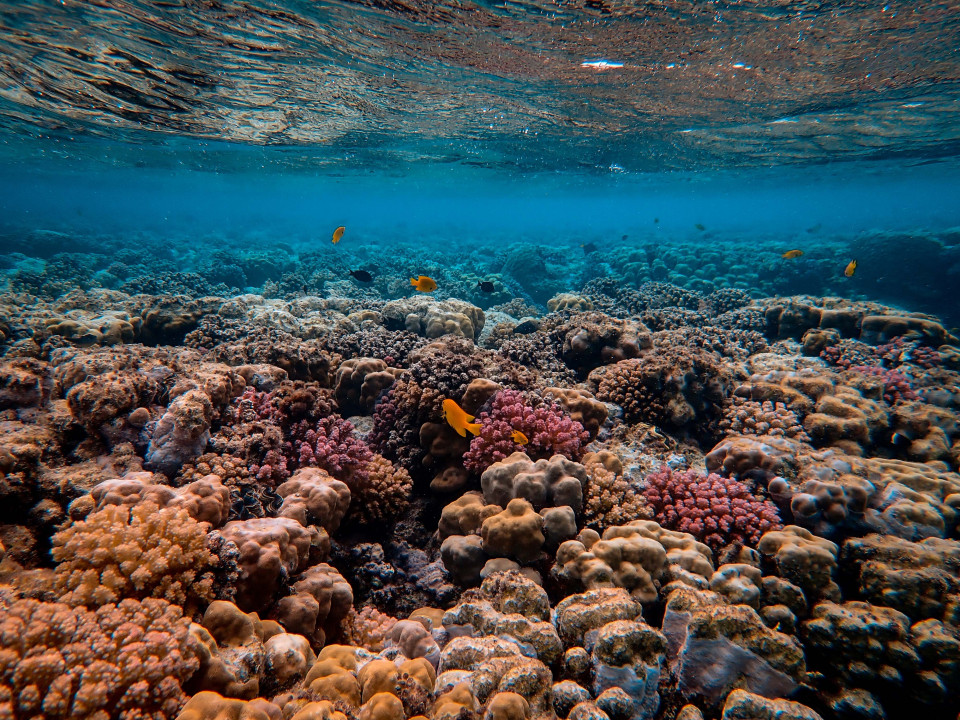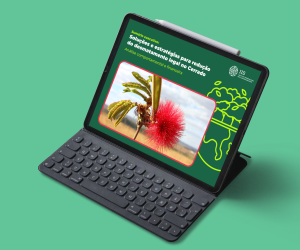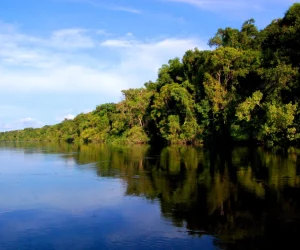Publications > Article
Nature´s publication highlights the importance of global goal for ecosystems
A new study published by the scientific journal Nature, draws attention to the importance of including a goal for the protection and restoration of the planet’s ecosystems in a new global agreement about the protection of nature.
The 196 signatory nations of the United Nations Convention on Biological Diversity (CBD), created at Rio-92, are negotiating a new global agreement for the next decade (2021-2030) and goals to be achieved by 2050. “This is a fundamental opportunity to change the life´s trajectory on the planet, which is in sharp decline due to human action ”, says Bernardo Strassburg, professor at PUC-Rio and executive director of the International Institute for Sustainability, one of the study’s co-authors.
The CBD includes objectives to be achieved for the protection of biodiversity at its multiple levels: genetic diversity, species diversity and ecosystem diversity.In the last global CBD agreement, covering the decade of 2011 to 2020, only the targets for species and genetic diversity were considered. Ecosystems did not have a goal of their own, being only partially included in goals related to the establishment of protected areas and restoration. The Brazilian Ministry of the Environment recognizes the importance of policies at this level, reflected in its Department of Ecosystem Conservation, alongside species and genetic heritage.Ecosystems are more than the sum of the species that compose them, including interactions between specific sets of species with the environment they inhabit. These interactions generate unique ecological systems: “The Atlantic Forest on the coast of northeastern Brazil and the Atlantic Forest in the mountains of Itatiaia, for example, are completely different ecosystems, even within the same biome. The conservation of one does not replace the conservation of the other ”, adds Strassburg. The importance of ecosystems for human well-being has been understood by traditional populations for millennia, and by Western civilization since, at least, ancient Greece, when Plato wrote about the damage to the Greeks from the loss of vegetation in the Attica region. More recently, the scientific community has created the terms “Ecosystem Services” and “Nature’s Contributions to People” to categorize these benefits. Among the 18 listed services are the provision of clean water, pest control, pollination of agriculture and regulation of the global climate. It is because of these impacts on human well-being, that the conservation of ecosystems is also part of the Sustainable Development Goals.Recent technological advances, including new satellites and models [see Figure 1 of the article], now allow a better planning, implementation and monitoring of policies and actions aimed at the conservation and restoration of ecosystems. The United Nations General Assembly christened the years 2021-2030 as the Decade of Ecosystem Restoration.The Climate Convention lists the conservation and restoration of ecosystems as one of the most promising solutions to the climate crisis.Next week, the CBD signatory nations will meet in Rome to discuss their new global goals, to be agreed in October at the CBD Convention. It is hoped that this time a goal at the level of Ecosystems will be agreed, and that it will have an equivalent ambition to the challenges facing humanity. This goal should include reversing the accelerated loss of ecosystems, aiming that by 2030 the area and integrity of natural ecosystems will increase, reaching 2050 with at least 20% increase over what we have today. “The conservation of ecosystems, especially the most intact, and their restoration, especially the most threatened, must be at the center of any new global agreement on life on the planet”, concludes Strassburg.









